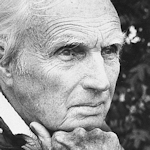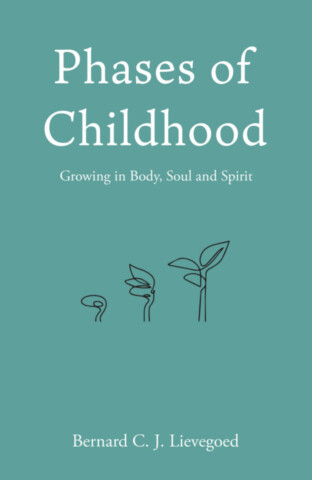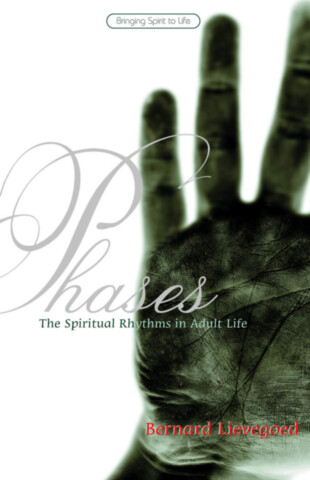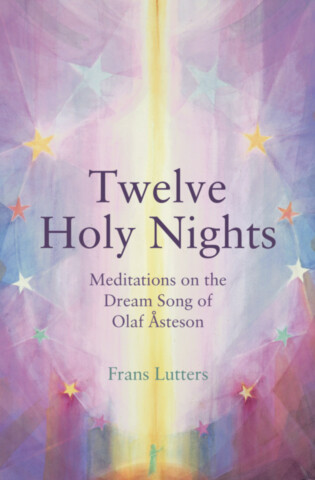Bernard Lievegoed
About
Bernard Lievegoed (1905–1992) was born in Medan, Sumatra (Dutch East Indies). At nine, his family moved for three years to Rotterdam, and from 1917 to 1922 he attended high school in Java. From 1924 to 1928, Lievegoed studied medicine. He soon became aware of anthroposophic remedial education, which played a significant role in his life. In 1930 in Amsterdam, he completed his medical degree and became a general practitioner. A year later, he established Zonnehuis, a home in Bosch in Duin for children with disabilities. He also founded the Vrije Hogeschool in Driebergen.Soon after, he helped start the Vrije School of Zeist. He studied music therapy, and in 1946 published the book translated into English as Phases of Childhood. In 1954, he established the Dutch Pedagogic Institute for Economics, NPI. He also worked as chair of a government commission on education and continued to teach and write. Lievegoed also wrote a play (De wadlopers, The Marsh-Flats) and another book, Man on the Threshold. He continued to write on anthroposophic topics until his death in Zeist.






